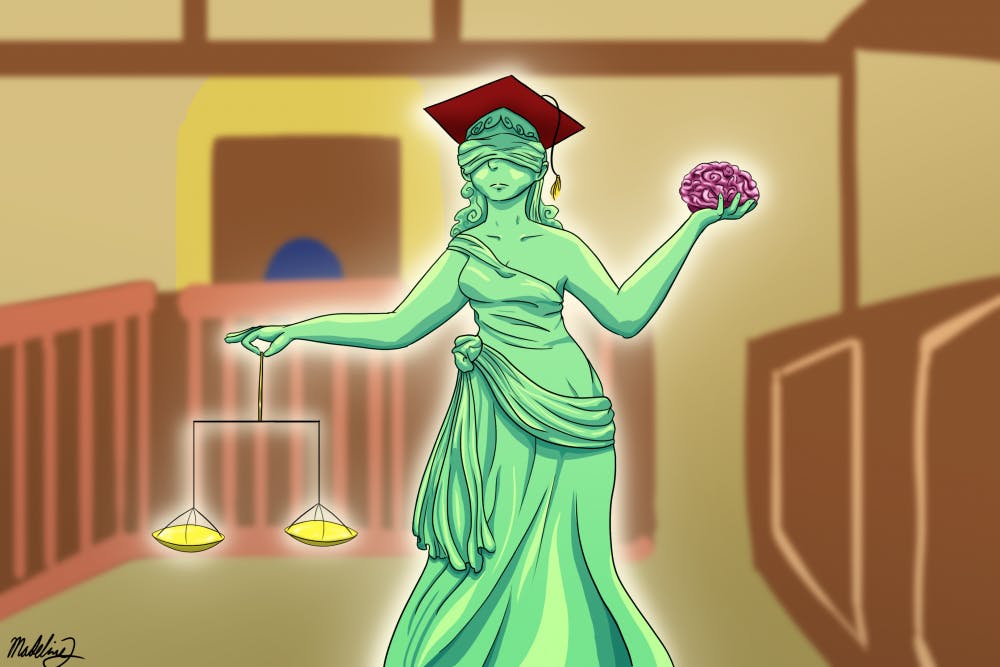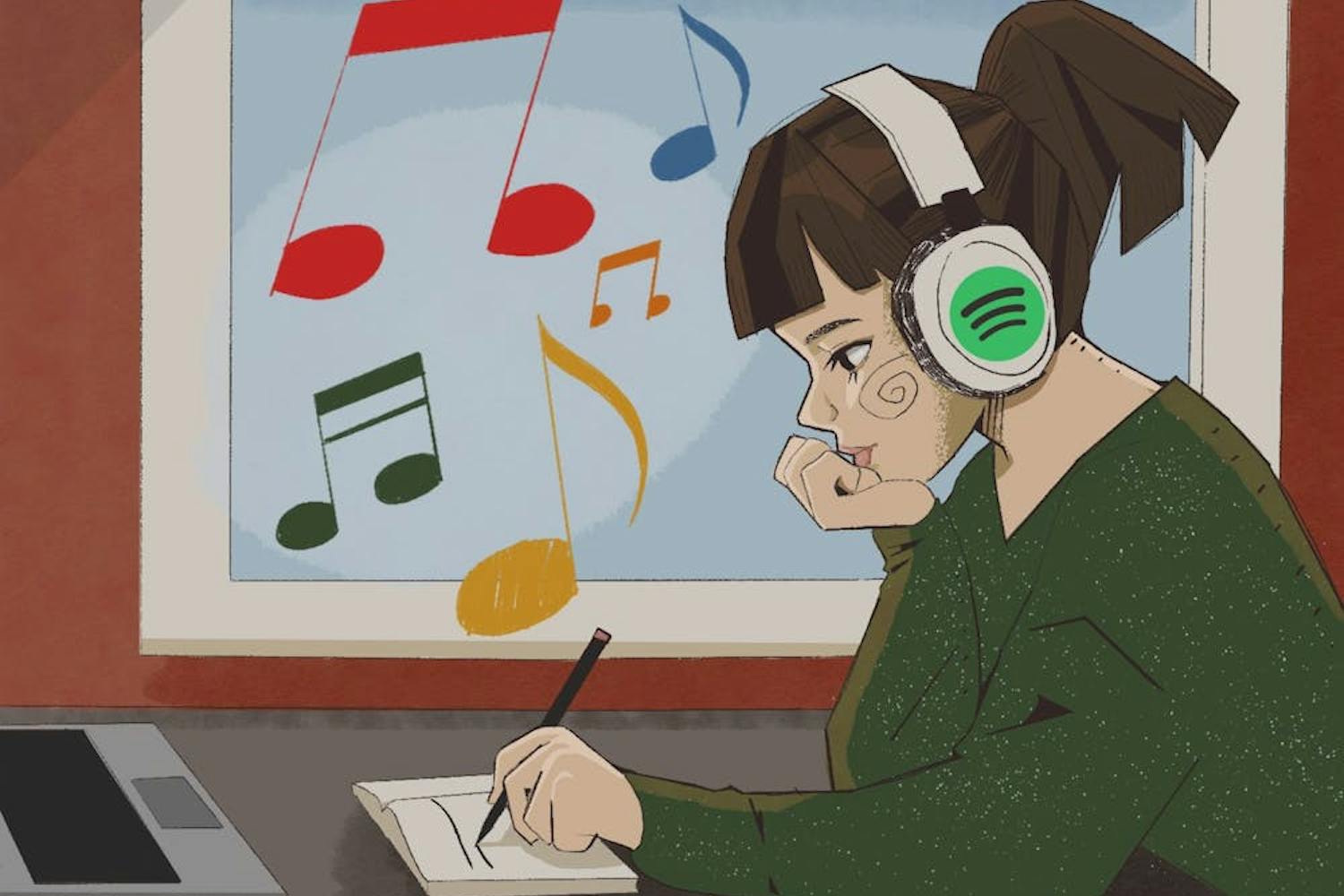In an effort to promote the coexisting nature of law and psychology, 11 ASU faculty members have developed a program designed to showcase how intermingled the two topics are.
The program, a year and a half in the making, focuses on law and behavioral science and will fuse law and psychology together so students can help improve the way the legal and criminal justice system work.
Nick Schweitzer, an associate professor and the program’s co-founder, said the classes for the program will be available to students in the Fall semester of 2017.
Most of the classes will be held on the West campus and the Downtown campus with the exception of the master’s program which is completely online.
Schweitzer said a further focus of psychology within the legal system has been needed for a long time.
“For the most part, the law is designed to help steer or control people’s behavior, what things you should do or shouldn’t do,” he said. “Now, if somebody breaks those rules, they are judged by people, sometimes a judge, but a lot of times it’s a jury.”
Schweitzer said psychology is very involved with the jury, because juries are made up of people, who are psychologically inclined. He does research on legal questions and uses psychological research methods to do it.
Because there are so many professors at ASU studying law and psychology, Schweitzer said he and his colleagues realized they could form a program together.
The program includes classes for undergraduate students, graduate students and Ph.D candidates. Schweitzer said he hopes it will help undergraduate students who want to pursue a career in mental health in the legal system.
“Employers might look at it (on a resume) and go ‘oh you want to work as a police officer in this mental health facility?’ well now you have this slightly more specific type of undergraduate training,” he said. “We’re hoping it’ll give students an advantage over others.”
Most people who go want jobs that combine psychology and law together want to be forensic psychologists who work with people in the criminal justice system, Schweitzer said.
“For example, if there is someone who is very severely mentally ill who committed a crime, the courts need to decide should this person be treated like anyone else or are they so mentally ill that they shouldn’t be held accountable for their actions,” he said.
Schweitzer said psychologists who are familiar with the law can determine what makes somebody able to stand trial and assess the suspect or defendant.
“The only way to do that is by training in both psychology and law or criminal justice,” he said.
Michael Saks, a Regents’ Professor for the Sandra Day O’Connor College of Law and the department of psychology, is researching decision-making in the legal system and will serving on the committees that help graduate students design their research. He will also review their work.
Saks, who helped the U.S. Supreme Court decide whether or not the size of a jury should be reduced, said most psychologists are interested in doing basic research to understand how humans behave and think.
“We’re interested in taking that knowledge and applying it to help solve human societal problems," Saks said. "So the law is a great place to apply psychology.”
Saks said a lot of research has been done about innocent people being convicted by mistake because of eye witness errors and forensic science testimony.
Saks also said the forensic scientists were making the errors because they knew the police had a suspect, and the police were expecting them to find a match.
Tess Neal, an assistant professor of psychology and a founding faculty member of the program, has a background in forensic psychology and is a scholar of psychology who studies issues on how experts make decisions, how they make mistakes and how to minimize these problems.
Neal said this field of study is spreading all over the world.
“This field is growing,” she said. “ASU is capitalizing on its strengths in a way that it wasn’t before. We’re going to be pulling people from all over the world. It’s going to put ASU on the map in this particular field.”
Neal also said the program just got full, finalized permission days ago, and hundreds of students are on the waiting list for the Ph.D program without any advertising.
“I’m really excited about it,” she said. “It’s a hopeful time and a time to be grateful to be a part of ASU’s huge engine of innovation.”
Reach the reporter at anbuechl@asu.edu or follow @alexa_buechler on Twitter.
Like The State Press on Facebook and follow @statepress on Twitter.




